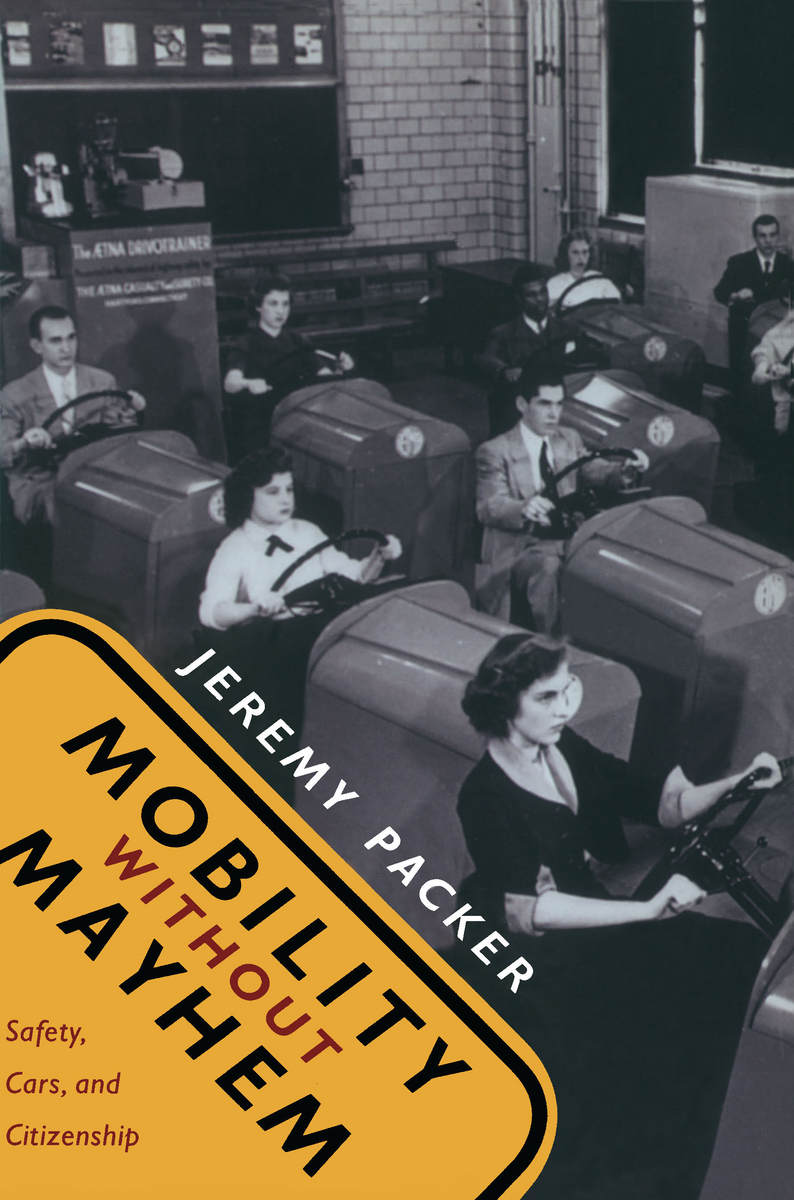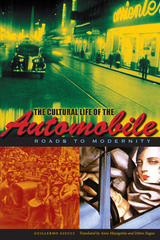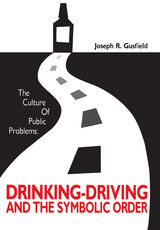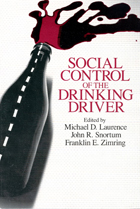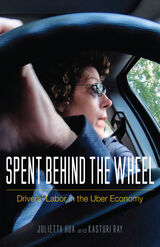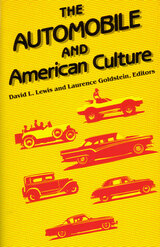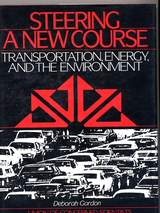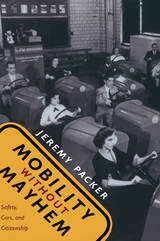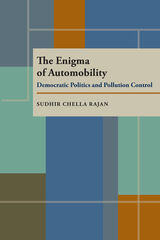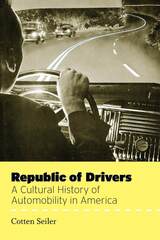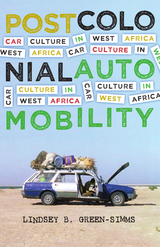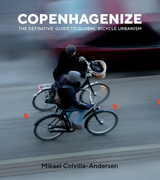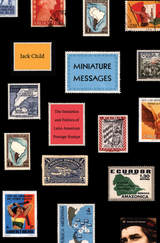“Whether you think of the car as symbolizing freedom, or environmental degradation, you'll find Packer's book thought-provoking, even entertaining.” - Cliff Bellamy, Durham Herald-Sun
"Packer's study of the cultural anxieties surrounding the automobile and the attempts to regulate this space (always in the name of ‘safety’) is quite exhaustive. . . . Packer's examination of the popularity of the Cadillac in African-American communities during this middle part of the 20th century." - Gerry Canavan, Independent Weekly
“Safe driving . . . is not straightforward. Packer’s main insight is that the public’s attraction to the idea of safety makes it vulnerable to exploitation and manipulation by institutions. While his perspective often seems pessimistic, it is amply backed up, and its criticism of the intrusion of authority into our everyday lives is thought-provoking.” - Tim Roberts, M/C Reviews
“Reading a book on traffic safety would seem to most to be a cure for insomnia. However, Jeremy Packer’s Mobility Without Mayhem: Safety, Cars, and Citizenship may well keep you up past your bedtime. . . . Packer’s informed and nuanced exploration of the relation of mobility to ideology in postwar America is comprehensive, provocative, and instructive. Check it out.” - Steven E. Alford, International Journal of Motorcycle Studies
“Packer’s book succeeds in illuminating much about the public discourse on and cultural meaning of driving both past and present. In the process, he manages to call into question the fixation with managing risk that seems so all pervasive in American society in the era of the so-called War on Terror. Overall, the book makes a significant contribution to the growing scholarly literature on the automobile and the distinctive way of life it has helped to create. This is no small achievement.” - Steve Macek, International Journal of Communication
“Packer’s work offers historians insightful analysis of postwar automobility. . . . The book is a fresh and important contribution to the history of mobility in the United States.” - Kathleen Franz, The Journal of American History
“Engaging with lively debates in contemporary cultural studies, including critical geography, technological and social history, and popular culture studies, Jeremy Packer denaturalizes the common-sense assumptions that inform our culture’s conceptions of drivers and driving.”—Jeffrey Sconce, editor of Sleaze Artists: Cinema at the Margins of Taste, Style, and Politics
“For all that the United States trumpets individualism, it is a nation of obedience—to church, kin, commodity, conquest, and, perhaps above all, car. Jeremy Packer takes us along a wild but always disciplined drive in the fast lane of cultural studies.”—Toby Miller, author of The Well-Tempered Self: Citizenship, Culture, and the Postmodern Subject
“Packer’s book succeeds in illuminating much about the public discourse on and cultural meaning of driving both past and present. In the process, he manages to call into question the fixation with managing risk that seems so all pervasive in American society in the era of the so-called War on Terror. Overall, the book makes a significant contribution to the growing scholarly literature on the automobile and the distinctive way of life it has helped to create. This is no small achievement.”
-- Steve Macek International Journal of Communication
“Packer’s work offers historians insightful analysis of postwar automobility. . . . The book is a fresh and important contribution to the history of mobility in the United States.”
-- Kathleen Franz Journal of American History
“Reading a book on traffic safety would seem to most to be a cure for insomnia. However, Jeremy Packer’s Mobility Without Mayhem: Safety, Cars, and Citizenship may well keep you up past your bedtime. . . . Packer’s informed and nuanced exploration of the relation of mobility to ideology in postwar America is comprehensive, provocative, and instructive. Check it out.”
-- Steven E. Alford International Journal of Motorcycle Studies
“Safe driving . . . is not straightforward. Packer’s main insight is that the public’s attraction to the idea of safety makes it vulnerable to exploitation and manipulation by institutions. While his perspective often seems pessimistic, it is amply backed up, and its criticism of the intrusion of authority into our everyday lives is thought-provoking.”
-- Tim Roberts M/C Reviews
“Whether you think of the car as symbolizing freedom, or environmental degradation, you'll find Packer's book thought-provoking, even entertaining.”
-- Cliff Bellamy Durham Herald-Sun
"Packer's study of the cultural anxieties surrounding the automobile and the attempts to regulate this space (always in the name of ‘safety’) is quite exhaustive. . . . Packer's examination of the popularity of the Cadillac in African-American communities during this middle part of the 20th century."
-- Gerry Canavan Independent Weekly
